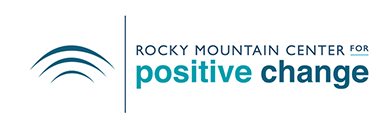RESOURCES
The Power of Paradigms
“Sometimes it is the people who no one imagines anything of
who do the things that no one can imagine.”
I saw #TheImitationGame last week, and it was extraordinary. The story of Alan Turing (called by some the “father of the modern computer”), this movie shows us the power of #paradigms to create or destroy.
As portrayed in the movie, Turing lived outside the box of generally acceptable social norms. He was experienced as “rude.” As “disrespectful” of authority. As breaking “rules” about the role of women (he invited a woman to join his encryption team) and morality (he was gay, at a time when homosexuality was a criminal offense in the UK).
#AppreciativeInquiry tells us that we can choose our realities, and the words we use to describe them. People’s willingness to respect Turing’s differentness enabled decoding of the supposedly unbreakable ciphers generated by the German machine Enigma. Their willingness to work with might have been perceived as “cold” and rational decision making was credited with shortening the war in Europe by two to four years. As was suggested in the film, “Sometimes it is the people who no one imagines anything of who do the things that no one can imagine.”
Yet despite his contributions, in the end Turing was judged to be deviant and criminal because of his sexual preference. Convicted of “gross indecency,” he submitted to hormonal treatments (chemical castration) to cure his “disease”; then died – apparently by suicide – two years later.
In one of the closing scenes, Turing asks his arresting officer to decide: “Am I a machine? A man? Am I a criminal, or a war hero?” Which story – which label – gave life? Which destroyed it? The Imitation Game reminds us that our paradigms matter. People and situations can be seen as mysteries to be discovered, or problems to be corrected. Embracing differences opens us to unimaginable possibilities.

